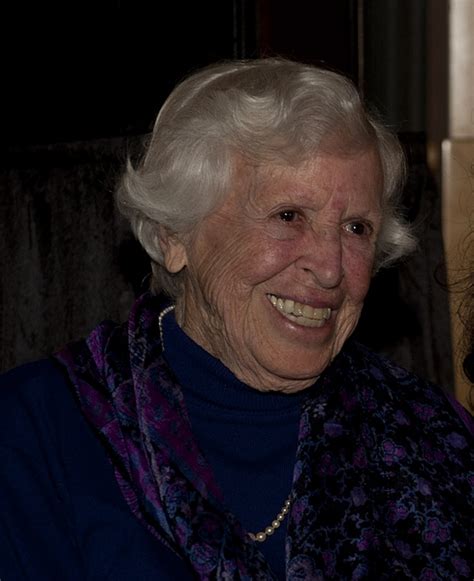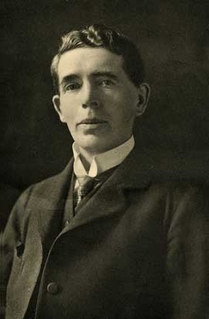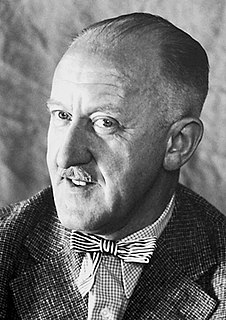A Quote by Julian Barnes
[Literature is] a process of producing grand, beautiful, well-ordered lies that tell more truth than any assemblage of facts.
Related Quotes
They are longing for a war with Iran. Iran is no more a harm to us than was Iraq or Afghanistan. They invented an enemy, they tell lies, lies, lies. The New York Times goes along with their lies, lies, lies. And they don't stop. When the public that's lied to 30 times a day it's apt to believe the lies, is not it?
Renewing the mind is a little like refinishing furniture. It is a two-stage process. It involves taking off the old and replacing it with the new. The old is the lies you have learned to tell or were taught by those around you; it is the attitudes and ideas that have become a part of your thinking but do not reflect reality. The new is the truth. To renew your mind is to involve yourself in the process of allowing God to bring to the surface the lies you have mistakenly accepted and replace them with truth. To the degree that you do this, your behavior will be transformed.
Someone who lies and someone who tells the truth are playing on opposite sides, so to speak, in the same game. Each responds to the facts as he understands them, although the response of the one is guided by the authority of the truth, while the response of the other defies that authority and refuses to meet its demands. The bullshitter ignores these demands altogether. He does not reject the authority of the truth, as the liar does, and oppose himself to it. He pays no attention to it at all. By virtue of this, bullshit is a greater enemy of the truth than lies are.





































